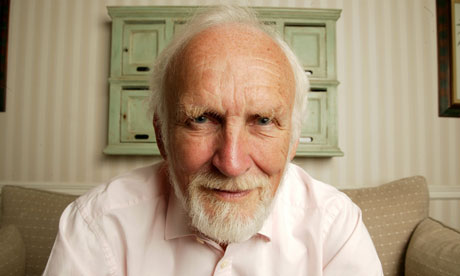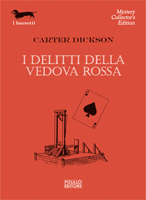
While one of the pivotal tales in the Canon - Sherlock Holmes dies! - The Final Problem is also one of the weakest. Despite its misleading title, this is not a detective story at all and the plot upon close examination makes little sense. Moriarty in particular is little more than a deus ex machina which Doyle conveniently pulls out of his hat so as to cause Sherlock's death; that he came to become one of the most famous characters in the Holmesverse is thus extremely ironical.
Of course these weaknesses may be explained away by the simple fact that Doyle was looking for the easiest way to get rid of a cumbersome character but even as a hatchet job The Final Problem is rather feeble; by no producing a corpse it leaves the door open to a possible "resurrection". Which leads us to the Big Question: Did Doyle really want to kill his creature? He could have settled the matter once and for all by giving him a proper "burial"; Holmes certainly would have had difficulties rising of the dead had his body been found and taken to the grave. Agatha Christie did this with Poirot and it's certainly one of the reasons why we don't see pastiches and continuations popping up on the shelves.
Doubts are furthered by the way Holmes was ultimately "revived". He had first returned with The Hound of the Baskervilles which Doyle stressed was set prior to the detective's "death". This approach was a sensible one and Doyle might have kept up with it; it was certainly simpler and more "realistic" than asking readers to believe Holmes had survived and spent years in hiding across the world before reappearing in a somewhat melodramatic fashion. So why did Doyle choose this latter option? And why does this "resurrection" fit so well with the events in The Final Problem, looking like their logical outcome rather than a later, recalcitrant change of heart? Is it possible Doyle knew all along that Holmes might be back someday?








